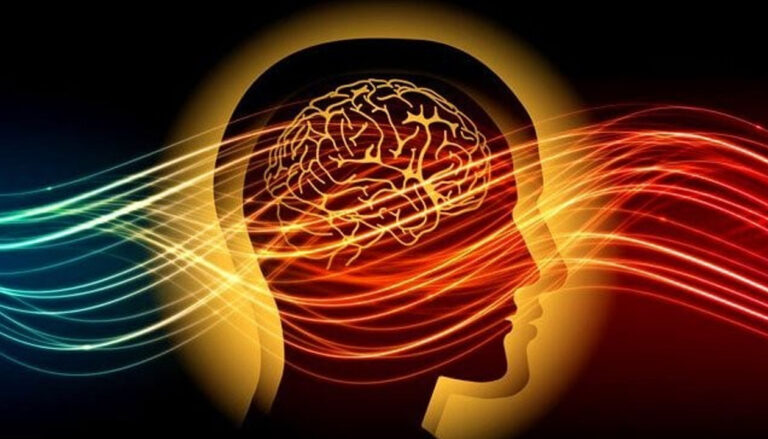

Understanding Minds at Work: Developing Theory of Mind
As any parent knows, young children can struggle to understand that others may have different thoughts, perspectives, and beliefs than their own. This limitation in appreciating another person’s mental state is demonstrated by the famous “false belief” test from developmental psychology.
The false belief test reveals when children acquire a “theory of mind” – the ability to attribute mental states like beliefs, intents, desires, and perspectives to others and recognize that these can differ from one’s own beliefs and perspective.
In the test, a child is shown a crayon box and asked what they think is inside. After they inevitably say “crayons”, the researcher opens the box to reveal it actually contains candles. The box is then closed, and the child is asked what a puppet who hasn’t seen inside the box would think is in there.
Three-year-olds typically fail this test by saying the puppet will think the box contains candles, since the children themselves now know that to be true. However, around age 4, children develop theory of mind and start passing the test by recognizing that the puppet would have the “false belief” that the box still contains crayons.
Developing a theory of mind allows children to understand that others can have different beliefs than reality and different beliefs than oneself. It’s considered a critical milestone in social cognition, empathy, and interpersonal skills.
While theory of mind continues being refined throughout childhood, its importance doesn’t stop there. Appreciating diverse perspectives and beliefs is extremely valuable in the workplace:
• Managersneed theory of mind to understand that employees may have different assumptions, motivations, knowledge, and beliefs driving their actions, rather than assuming everyone sees everything the same way.
• Colleagues who can step outside their own viewpoint are better able to collaborate, resolve conflicts, persuade others, and find mutually acceptable solutions.
• Customer service requires recognizing that customers have their own beliefs about policies, products and services that may differ from the company’s beliefs and perspective.
The false belief test highlights how initially we all start with an egocentric view confined to our own reality. Only by developing theory of mind skills can we escape that limitation and become skilled at framing situations from other people’s mindsets.
Just like with the children’s test, failing to employ theory of mind in the workplace can lead to misunderstandings, derailed projects, suboptimal service, and interpersonal conflicts. On the other hand, mastering this cognitive ability allows for clearer communication, smoother teamwork, and better-informed decision making that accounts for diverse viewpoints and belief systems.
So whether you’re motivating employees, negotiating with vendors, designing user experiences, or managing partners, don’t forget to step back and consider the situation through the differing perspectives, knowledge, desires, and “false beliefs” that others may hold. Developing a strong theory of mind is key to success in our workplaces of today.




